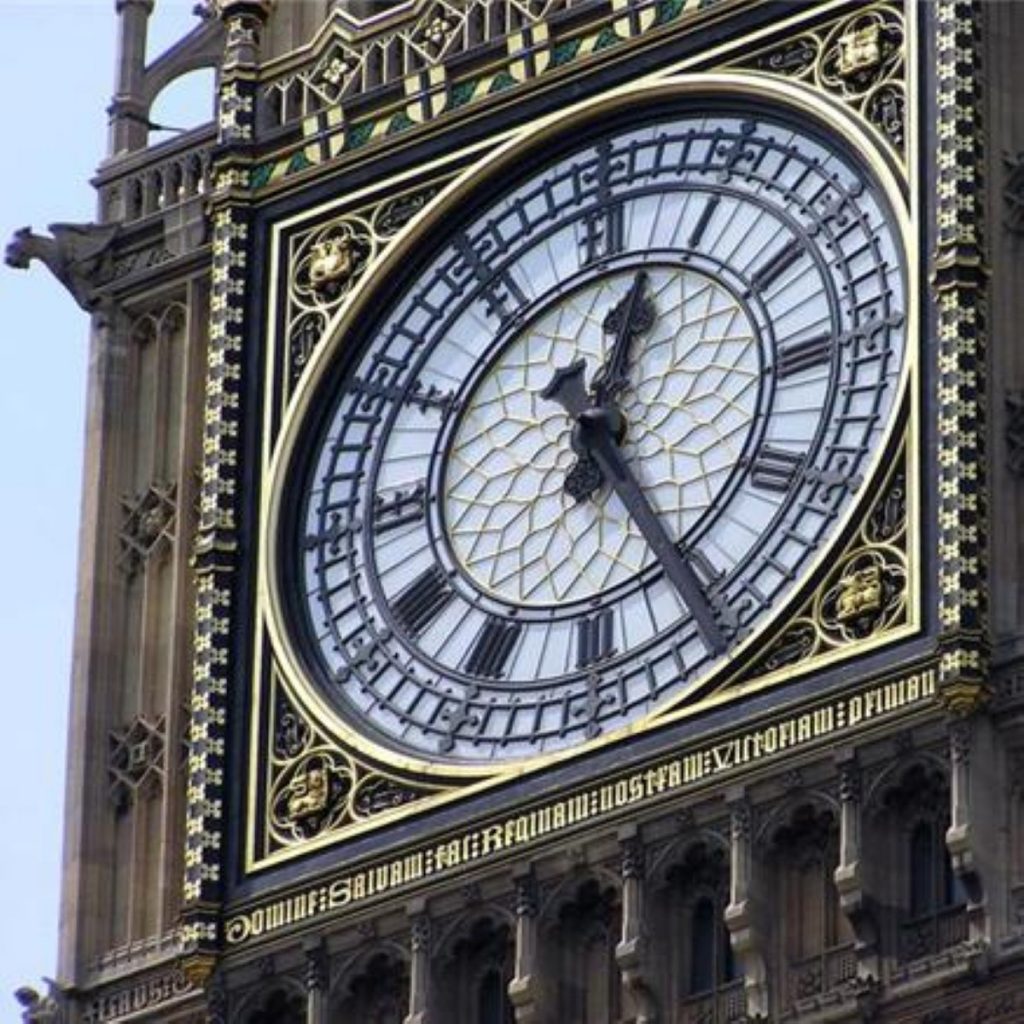Footballer injunction falls apart after farcical day in parliament
By Ian Dunt
The case of the footballer trying to keep his name out the press after an alleged affair appeared to fall apart today, following a farcical day in Westminster.
John Hemmings revealed the name of the footballer in the Commons during an urgent question on super-injunctions.
The matter soon went back to the high court, which had upheld the injunction despite a challenge from the Sun newspaper just hours beforehand.
It was a spectacular end to a legal debate which prompted a legal attempt on Twitter and talk of a constitutional crisis between the legislature and the courts.
Earlier in the debate, it was confirmed that a joint committee would be convened to look at issues of privacy and super-injunctions.
The move comes after thousands of Twitter users disobeyed an injunction banning the naming of the footballer.
Meanwhile, the Sunday Herald became the first reputable newspaper to reject the injunction, when it published the footballers face with a small black box over the eyes. His identity was easily discernable.
“It’s in no-ones interest to rush to judgement on this,” attorney general Dominic Grieve told the Commons, following an urgent question from MP John Whittingdale.
“We take seriously the need to ensure we have the correct balance between privacy and freedom of expression.”
The joint committee will “examine if current arrangements are working” and see if any changes can be made.
Mr Grieve refused to rule out legislative changes, but a UK-specific privacy law seemed unlikely.
“It is rather unsustainable, this situation, where newspapers can’t print something that everyone else is clearly talking about,” David Cameron told ITV1’s Daybreak.
“But there’s a difficulty here because the law is the law and the judges must interpret what the law is.
“It’s not fair on the newspapers if all the social media can report this and the newspapers can’t and so the law and the practice has got to catch up with how people consume media today.”
Labour leader Ed Miliband appeared to agree, telling the BBC: “I think it’s right that parliament now looks at this.”
Mr Cameron suggested that toughening up the Press Complaints Commission (PCC) might prevent the use of injunctions in the first place.
Certainly the law appeared to have less weight this morning, after the Scottish first minister branded the current regulations “untenable” and the attorney general confirmed there would be no legal repercussion for the Sunday Herald.
In its editorial the newspaper said: “We should point out immediately that we are not accusing the footballer concerned of any misdeed. Whether the allegations against him are true or not has no relevance to this debate.
“The issue is one of freedom of information and of a growing argument in favour of more restrictive privacy laws.”
Judges are essentially forming policy themselves as they struggle to combine two seemingly conflicting clauses in the Human Rights Act, one of which guarantees privacy and the other freedom of expression.
But the legal situation has been made more complex by the anarchic nature of social media, which is so diverse and anonymous that users feel able to flout injunctions without fear of repercussion, and an increasingly confident campaign by newspaper editors, who are fighting the injunctions tooth-and-nail in the face of declining sales.





-01.png)